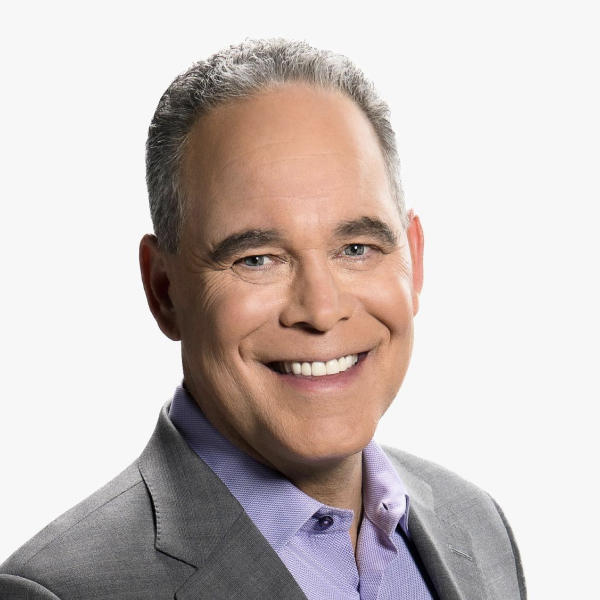Scam artists can prey on homeowners' troubles
More than a quarter of all homes in this country are underwater. That's 12 million homes where the owners owe more on the mortgage than the property is worth. For some of these homeowners, a loan modification might be a way out. But, as CBS News correspondent Jim Axelrod reports, troubled homeowners are a magnet for scams.
When the bad economy cut into New York City bus driver Stewart Ransom's overtime, he lost 30 percent of his income and worried he might lose the family home.
"I can't make the payment," he said. "I'm thinking to myself, 'I could make the payment, but what about the electric? What about the gas? What about food?'"
Like another 1.5 million Americans, he found himself in foreclosure and called his bank to seek a loan modification.
Big cities see sharp declines in home prices
"The bank was being very obstinate," he said. "They were dragging their feet. They kept passing it off to another person. "
So after striking out with his bank, Ransom decided to pay a lawyer $3,000 upfront for help seeking a mortgage modification. But when he checked in with his lender a few months later, he got a nasty surprise.
"What was he doing to get you a modification?" asked Axelrod.
"Apparently nothing," said Ransom.
"Is that the worst part of this for you?"
"The bank wasn't helping me. And instead of going to someone who could help me, I walked into the lion's den."
Colleen Hernandez runs the HOPE Hotline, a national not-for-profit service that shepherds distressed homeowners by reaching out to their banks free of charge. In the last two years, HOPE Hotline counselors have collected more than 13,000 reports about alleged mortgage modification scams.
Contact the Hope hotline: Call 888-995-HOPE or visit their website
"There seems to be almost a shadowy industry that has popped up that preys on people in this difficult situation," Axelrod commented.
"That's exactly right," said Hernandez. "They know exactly how to market to people. They prey on people's confusion, on their shame."
So what should people look for?
"Red flag, avoid guarantees," Hernandez advised. "As much as you would like to have a guarantee, no legitimate person is gonna make a guarantee. The second is, do they want money for this? Because there are hundreds -- if not thousands of non-profits all over the country -- that can that do offer this service for free.
Stewart Ransom is now suing his former lawyer to get his money back. He later found out on his own that the government and his bank would work with him to keep him in his home.
"I wish that I had known earlier," he said.
A $3,000 lesson he's hoping others won't have to learn.
